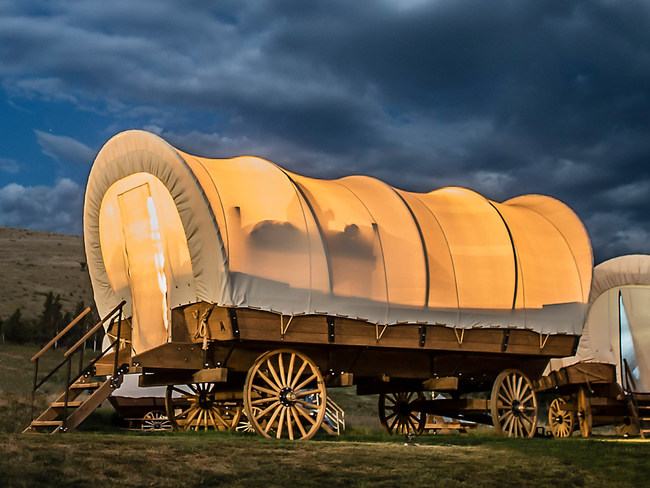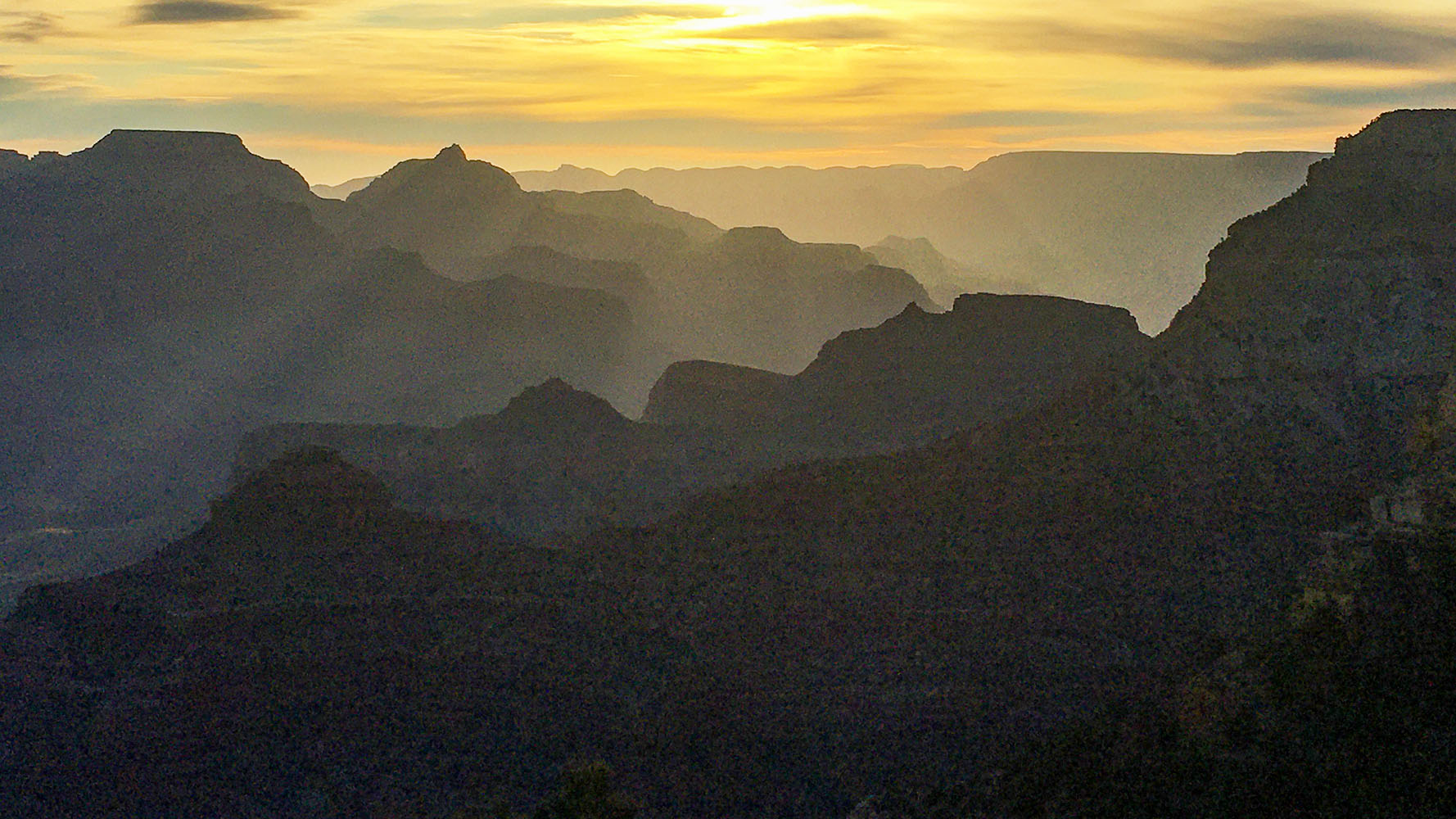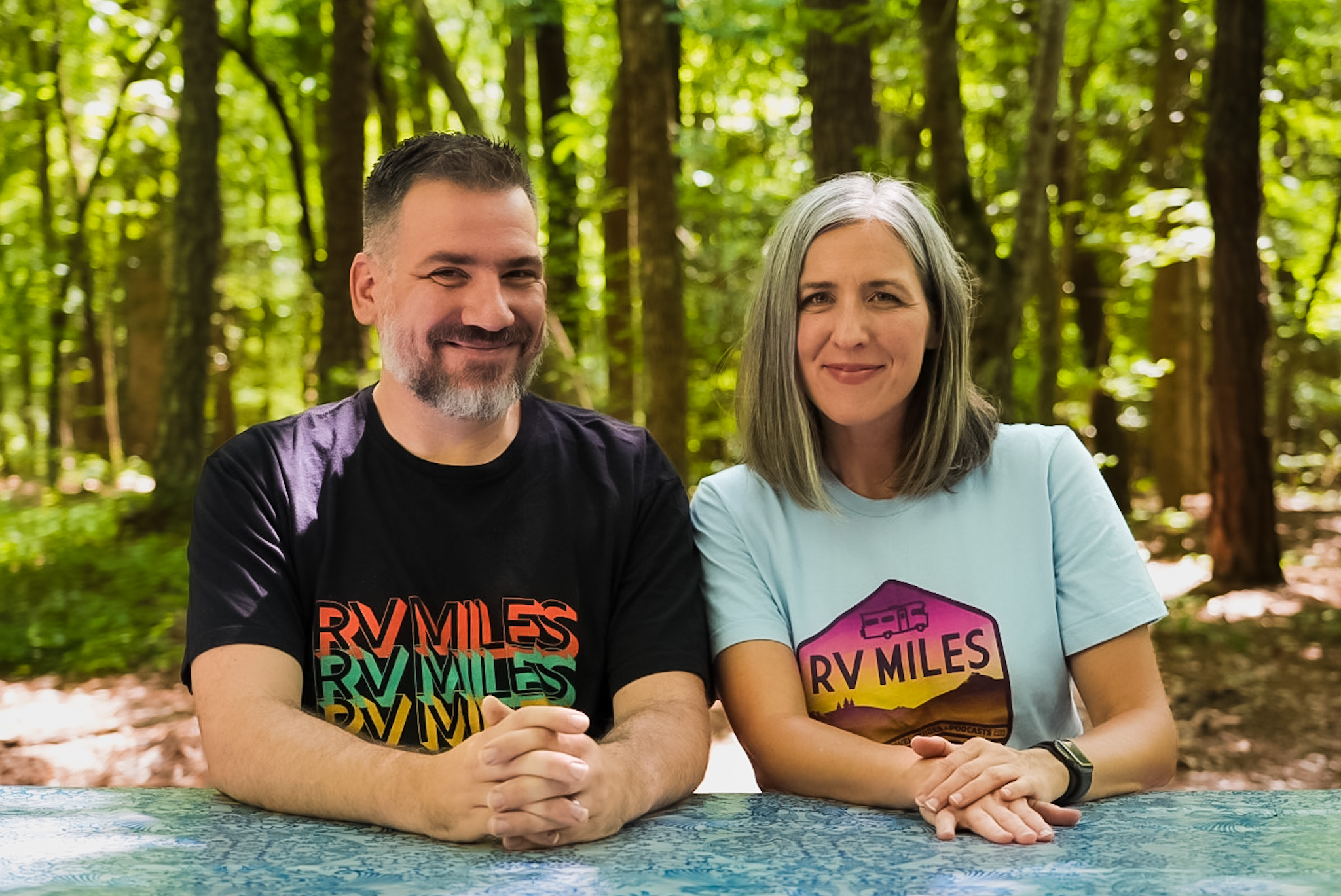Don Wells booked with Fantasy RV Tours for an 8-day San Antonio visit that was set to take place last April and a 5-day vacation to see Albuquerque’s famous Balloon Festival in October. For over 40 years, Fantasy RV Tours have offered guided Caravans and Rallies around the world. And Wells is a frequent customer. Both of his trips were paid in full back in January—about $5000—before they were canceled by Fantasy due to COVID-19. Fantasy refused to offer a refund for the San Antonio trip, and charged a $99 fee to cancel the Balloon Festival trip. Which, considering there is no Baloon Festival this year, was a foregone conclusion. Wells is forced to accept $1700 back from his $5000 pre-payment or travel credit for future trips.
Wells’ experience isn’t unique. Refunds have been a major problem during the Coronavirus for U.S. travelers, with many service providers pointing fingers at others. After all, Fantasy booked campgrounds and experiences on Wells’ behalf that they may not be getting refunds for.
The travel industry is one of the few places that consumers entrust their hard-earned cash in advance, and expect the product to be available to them when they arrive. It’s often money they’ve been saving for years, and when a business can’t provide the service due to a natural disaster, pandemic, or going out of business, the consumer is left holding the bag.
During COVID-19, we’ve heard many stories of campgrounds working to do the right thing and offer refunds, even if they can’t afford it, and even if they aren’t closed for business. KOA offered up millions of dollars to its franchisees in order to cover refunds. Most campgrounds of all stripes tried hard during the height of closures in April to ask customers to take credit for a future stay. And most customers obliged. But not everyone is in that position.
Campgrounds, hotels, events, tourist attractions, and the like—especially ones that aren’t backed by major corporations—have had a hard time issuing refunds, even though they legally must if they cannot provide the service purchased. Why? The money was already spent. Most travel businesses take your pre-payment and put it directly into their general operating fund. The cash coming in today will be spent on this month’s bills, even if you aren’t arriving until December. A recipe for bankruptcy in the face of disaster.
The other major industry that has customers pre-pay for access is live events—and generally it operates in an entirely different way. Concert venues and theaters usually keep ticket sales income separate from operating expenses until the event has passed. In fact, in some states, it’s the law. If you buy tickets for the upcoming Justin Timberlake concert through Ticketmaster, that money gets deposited into an account held by the venue—not the concert promoter— until the event has passed.
Unscrupulous Broadway and theater tour producers used to sell tickets to shows that they never opened, leaving town with the pre-sales cash. The State of New York was one of the first states to address the problem, requiring venue box offices to become custodians of the money, shielding it from the producers. Since, several other states have enacted event and amusement income laws that, at the very least, require ticket income to be held in separate accounts and not used until the event has passed.
Perhaps it’s time for the travel industry to follow suit. Maybe new laws won’t be passed, but it’s just good business for a company to hold on to a customer’s money until they’ve provided a service. But for now, we always recommend you purchase accommodations with a credit card. The credit card company is usually on your side and will often force a refund if a business cannot provide a service.








